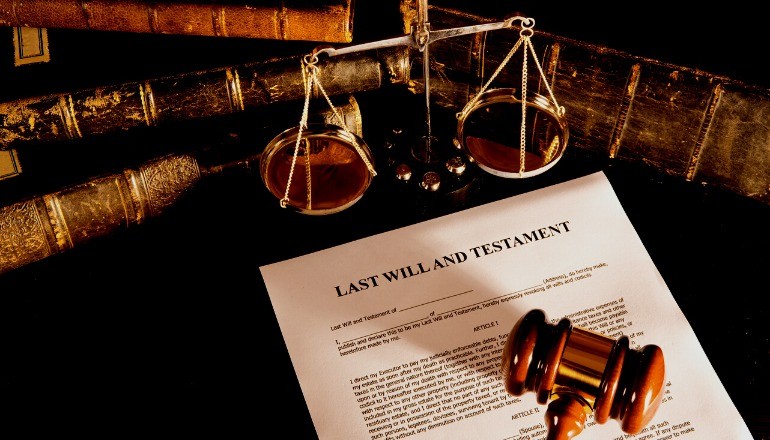What is a Qualified Personal Residence Trust?

QPRT (Qualified Personal Residence Trust) is a type of irrevocable trust intended to keep the value of your main or secondary residence out of your taxable estate. Creating a QPRT and thereby transferring ownership of your residence into that trust is a complicated process that cannot be reversed. QPRTs have both advantages and disadvantages. What […]
What is an Irrevocable Life Insurance Trust (ILIT)?

Many individuals are unaware that the proceeds from their life insurance policies may be included in their estates for tax reasons after they die. Depending on the policy’s value, this might result in an estate tax liability. It is, however, preventable. It is not an unbreakable rule, and there are exceptions. If you want to […]
What are Generation-Skipping Trusts?

A generation-skipping trust is one in which the beneficiary is a grandchild, great-niece or great-nephew, or anybody who is at least 37.5 years younger than the settlor. A generation-skipping trust is designed to avoid one round of estate tax. When passing on assets to heirs, generation-skipping trusts provide tax benefits by allowing you to skip […]
What is a Credit Shelter Trust?

A CST (credit shelter trust) is a trust established following the death of a married couple’s first spouse. Assets deposited in the trust are normally kept separate from the surviving spouse’s estate, allowing them to transfer tax-free to the remaining beneficiaries upon the surviving spouse’s death. The surviving spouse may benefit from the assets in […]
What is a Gift Letter?

If you are gearing up to give or receive a substantial financial gift, you should be aware of the importance of gift letters. Here are all the vital details you need to know about it. A gift letter is a formal, legal document that is a valid legal device to explain why you received a […]
4 Benefits of using Insurance in Estate Planning

Estate planning is a critical component of a complete financial plan for wealth protection, and life insurance may help in various ways, especially if you pass away unexpectedly and early. It helps by allowing you to access emergency cash in the case of a significant life event, such as the need for expensive medical treatment. […]
What is a Pour-Over Will?

A pour-over will is a legally binding document that is used in conjunction with a living trust. You may utilize it to transfer assets into your trust that are not already in your trust before you die. You should consider having a pour-over will if you have a living trust and want it to be […]
What are Testamentary Trust Wills?

Estate planning is a critical, although usually perplexing, step in ensuring that your loved ones are cared for when you pass away. To guarantee that your assets are transferred according to your preferences, trusts may be used in conjunction with a Last Will and Testament. On top of ensuring that your assets are in safe […]
What are Revocable and Irrevocable Trusts and How Do They Work?

There are two key things to think about as you get older. The first is retirement. Having the required retirement funds and a financial plan in place will enable you to live the lifestyle you choose in your senior years. The second consideration is what will happen to your estate, and estate planning is not […]
What is a Holographic Will?

The Legality of Holographic Wills Do all wills have to be written? Preparing a will is usually done by printing out the Will in a format that meets State law on things like how many witnesses need to sign, how many notaries need to be present, and so on. When there are not any witnesses, […]